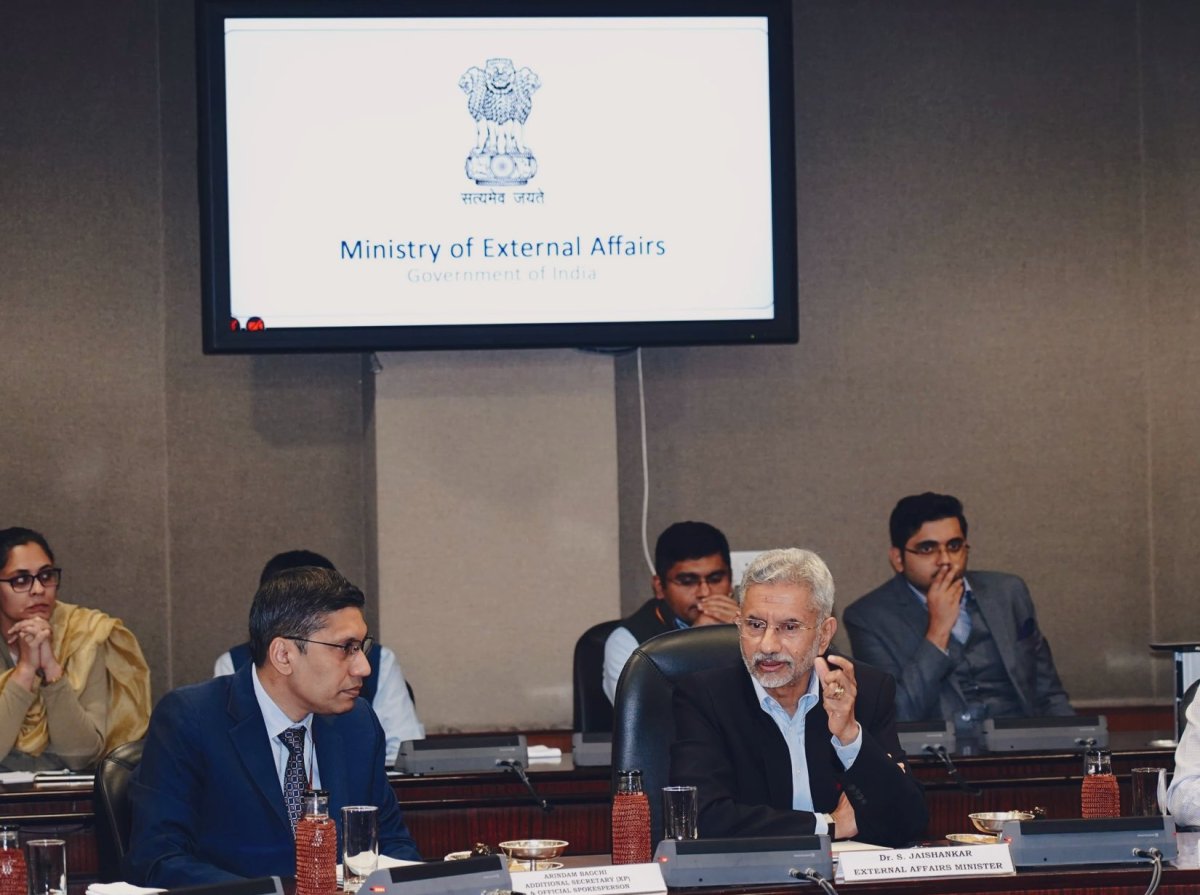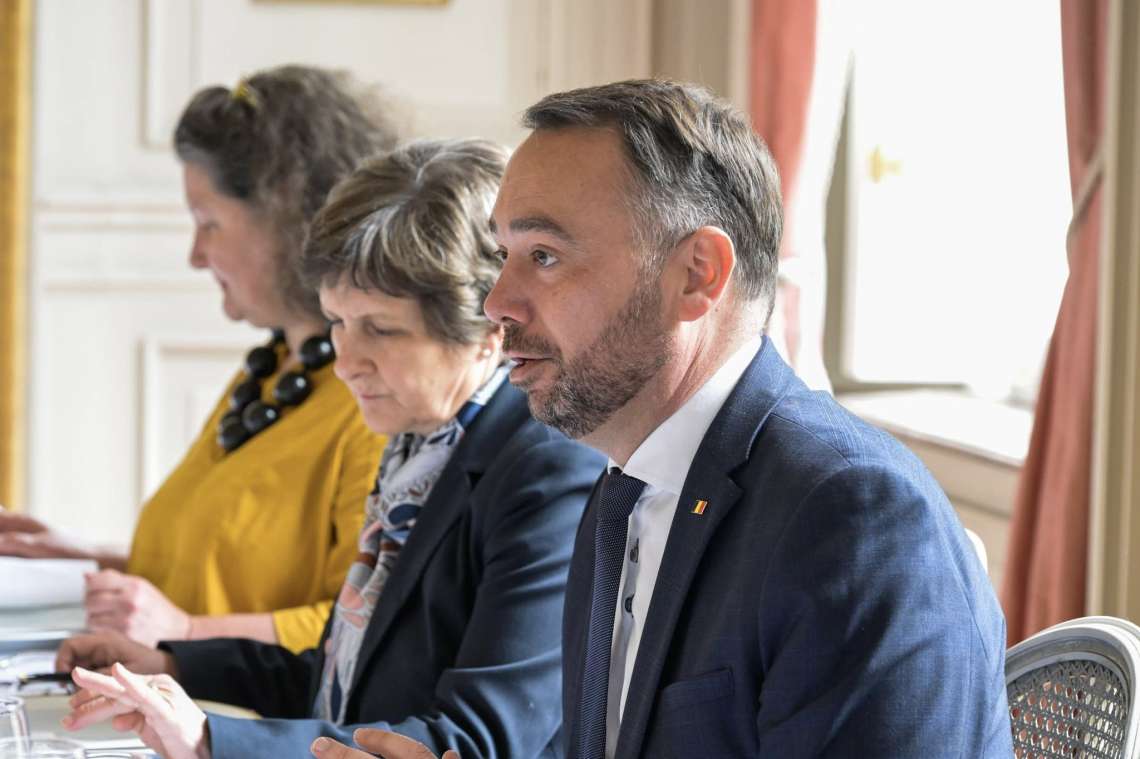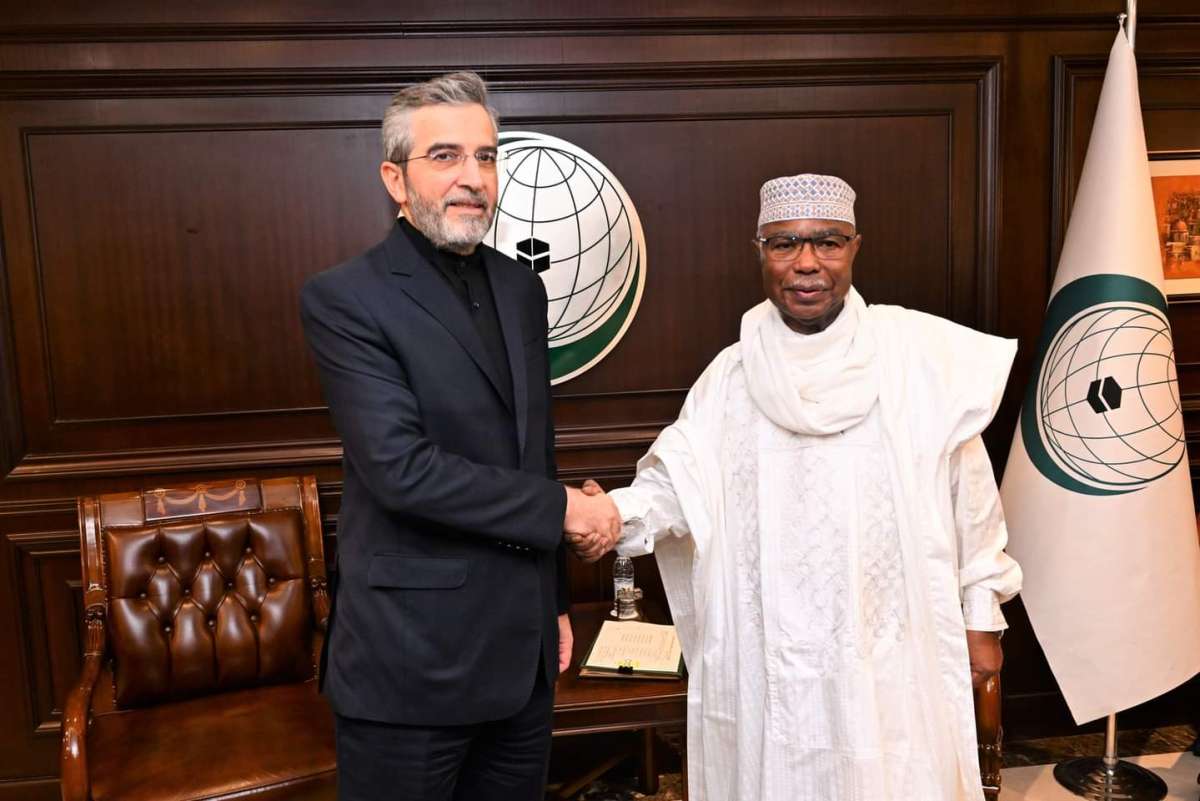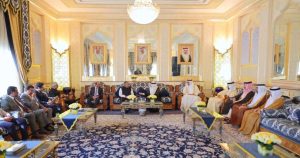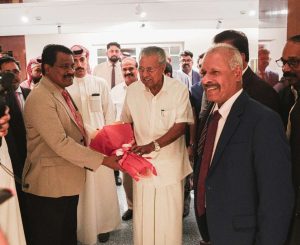The international grouping of Muslim nations called the reversal of Article 370 “illegal and unilateral”, and demanded its recall…reports Asian Lite News
In a strongly-worded statement, the Ministry of External Affairs on Wednesday slammed the Organization of Islamic Cooperation (OIC) for criticising the Supreme Court’s verdict on Article 370, calling it “ill informed and ill intended”.
A day after India’s top court unanimously upheld the Presidential order scrapping Article 370 of the Constitution, which gave special status to Jammu and Kashmir, the OIC expressed “concern” over the verdict.
The international grouping of Muslim nations called the reversal of Article 370 “illegal and unilateral”, and demanded its recall.
“India rejects the statement issued by the General Secretariat of the Organization of Islamic Cooperation (OIC) on a judgement of the Indian Supreme Court. It is both ill informed and ill intended,” External Affairs spokesperson Arindam Bagchi said in a statement on Wednesday.
In a veiled reference to Pakistan, the spokesperson said: “That the OIC does so at the behest of a serial violator of human rights and an unrepentant promoter of cross-border terrorism makes its action even more questionable. Such statements only undermine OIC’s credibility.”
In its statement, the OIC’s General Secretariat had said that it reaffirms its solidarity with the people of Jammu and Kashmir in their quest for the right of self-determination.
Further, the grouping called on the international community to enhance its efforts to resolve the issue of Jammu and Kashmir in accordance with the relevant resolutions of the United Nations Security Council.
The abrogation of Article 370 in 2019 ended the special status conferred to the erstwhile state of Jammu and Kashmir. The Central government then moved to reorganise it into two Union Territories — Jammu and Kashmir and Ladakh.
The Chief Justice of India (CJI), D.Y. Chandrachud, said that Jammu and Kashmir held no internal sovereignty after accession to India.
He added that there was no prima facie case that the President’s 2019 orders were in bad faith or extraneous exercise of power.
ALSO READ-

